Premium Only Content
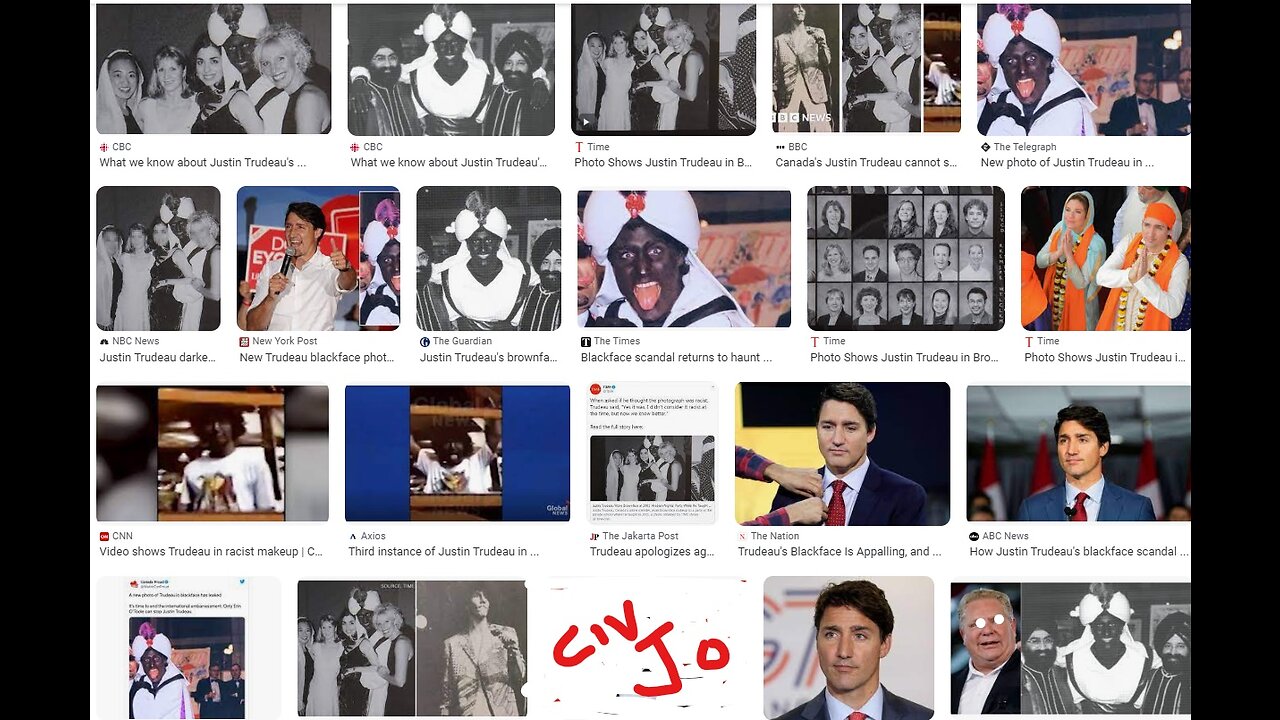
REVERSE SPEECH - TRUDEAU DOES MORE THAN BLACK FACE
So we did a quick reverse speech spectral analysis of Canadian Prime Minister Justin Trudeau. He allegedly made headlines when he spoke to a group of people who believe in the flat earth theory. This unexpected meeting sparked a lot of discussion and controversy, as many people wondered why a leader would engage with such an unscientific belief. Truth is he doesn't know for sure at the moment, but he falls back on "muh doctor it" belief system.
Some have criticized Trudeau for giving legitimacy to a theory that has been widely debunked by science. Others have praised him for showing openness and curiosity towards people who hold unconventional views.
Regardless of one's opinion, this event raises important questions about belief, knowledge, and the role of leaders in shaping public discourse.
Belief and Knowledge
Beliefs are an integral part of human experience. They shape our identities, guide our actions, and provide us with a sense of meaning and purpose. However, beliefs can also be irrational, inconsistent, or unsupported by evidence. In contrast, knowledge is based on evidence, logic, and critical thinking. It is subject to revision and refinement as new evidence emerges.
The flat earth theory is a case in point. It is based on the belief that the earth is flat, rather than round, and that this fact has been covered up by a global conspiracy. This theory is not supported by any scientific evidence and has been widely debunked by scientists and scholars.
Yet, for some people, the flat earth theory provides a sense of community, identity, and purpose. They see themselves as part of a movement that challenges mainstream science and exposes hidden truths. They reject the scientific consensus as biased, corrupt, or mistaken.
This raises the question of how to reconcile belief and knowledge. Should we respect people's beliefs, even if they are based on unscientific or irrational premises? Should we challenge them, even if it means questioning their identity and sense of belonging? Should we engage in dialogue, even if it means legitimizing a theory that has no scientific basis?
The Role of Leaders
Leaders have a responsibility to shape public discourse, promote scientific literacy, and uphold democratic values. They are expected to represent the interests of their constituents, protect their rights and freedoms, and foster social cohesion.
In this context, Trudeau's decision to talk to flat earthers can be seen as a gesture of inclusiveness, openness, and curiosity. He acknowledged that there are diverse views and opinions in society, and that it is important to listen to them, even if we disagree with them.
At the same time, Trudeau also emphasized the importance of evidence-based policy, scientific research, and critical thinking. He reminded the audience that Canada is a country that values science, facts, and evidence, and that these values should guide our decision-making.
This balance between inclusiveness and evidence-based policy is crucial for leaders who want to promote a healthy and robust public discourse. It requires acknowledging the legitimacy of diverse perspectives, while also upholding the standards of knowledge and evidence.
Conclusion
Trudeau's talk with people about flat earth raises important questions about belief, knowledge, and the role of leaders in shaping public discourse. It highlights the tension between respecting people's beliefs and promoting scientific literacy, between acknowledging diversity and upholding standards of evidence.
Ultimately, it is up to each of us to decide how to navigate this tension in our own lives and communities. We can choose to engage in dialogue, challenge irrational beliefs, and promote scientific literacy, or we can choose to ignore or dismiss those who hold different views.
As for Trudeau, his decision to talk to flat earthers is a reminder that leaders have a responsibility to represent the interests of all their constituents, even those who hold unconventional views. It is a reminder that inclusiveness and evidence-based policy are not mutually exclusive, but rather complementary values that can enrich our public discourse and democracy.
-
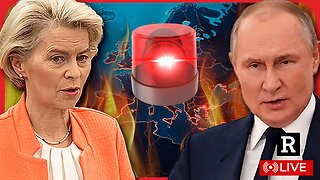 LIVE
LIVE
Redacted News
28 minutes agoOh SH*T, it's starting. Europe prepares for war with Russia, Ukraine sabotages peace deal | Redacted
4,952 watching -
 LIVE
LIVE
Kimberly Guilfoyle
3 hours agoStopping the Left's Lawfare & The Chaos in the Courts, Interview with Lawyer Dan Huff | Ep. 208
1,174 watching -
 LIVE
LIVE
The Quartering
3 hours agoTrump SLASHES FDA, CDC & HHS, Swords BANNED, Babysitter Makes Terrifying Find , Supreme Court Race
25,569 watching -
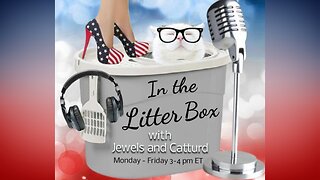 DVR
DVR
In The Litter Box w/ Jewels & Catturd
21 hours agoTRUMP'S TARIFFS | In the Litter Box w/ Jewels & Catturd – Ep. 771 – 3/27/2025
13.8K17 -
 LIVE
LIVE
Revenge of the Cis
2 hours agoEpisode 1465: Do Your Part
773 watching -
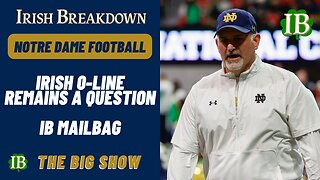 LIVE
LIVE
IrishBreakdown
4 hours agoNotre Dame Offensive Line Remains A Question Mark Through Spring
479 watching -
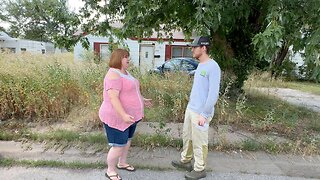 23:30
23:30
SB Mowing
6 days agoThe SHERIFF had to STEP IN - Her car was there but SHE WASN’T
10.5K17 -
 3:05:26
3:05:26
Barry Cunningham
5 hours agoCROSSFIRE HURRICANE | SIGNALGATE | INTERVIEW WITH FBI WHISTLEBLOWER | MORE NEWS!
12.5K16 -
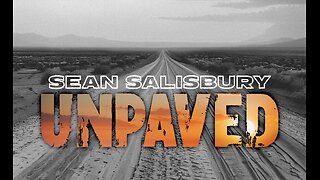 1:33:57
1:33:57
Sean Unpaved
3 hours agoOpening Day In The MLB! NFL Bans New Celebration Gesture, NCAA Sweet 16 Predictions!
46.1K -
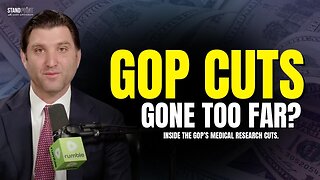 39:27
39:27
Standpoint with Gabe Groisman
1 day agoHave GOP Cuts Gone Too Far?
9.13K8